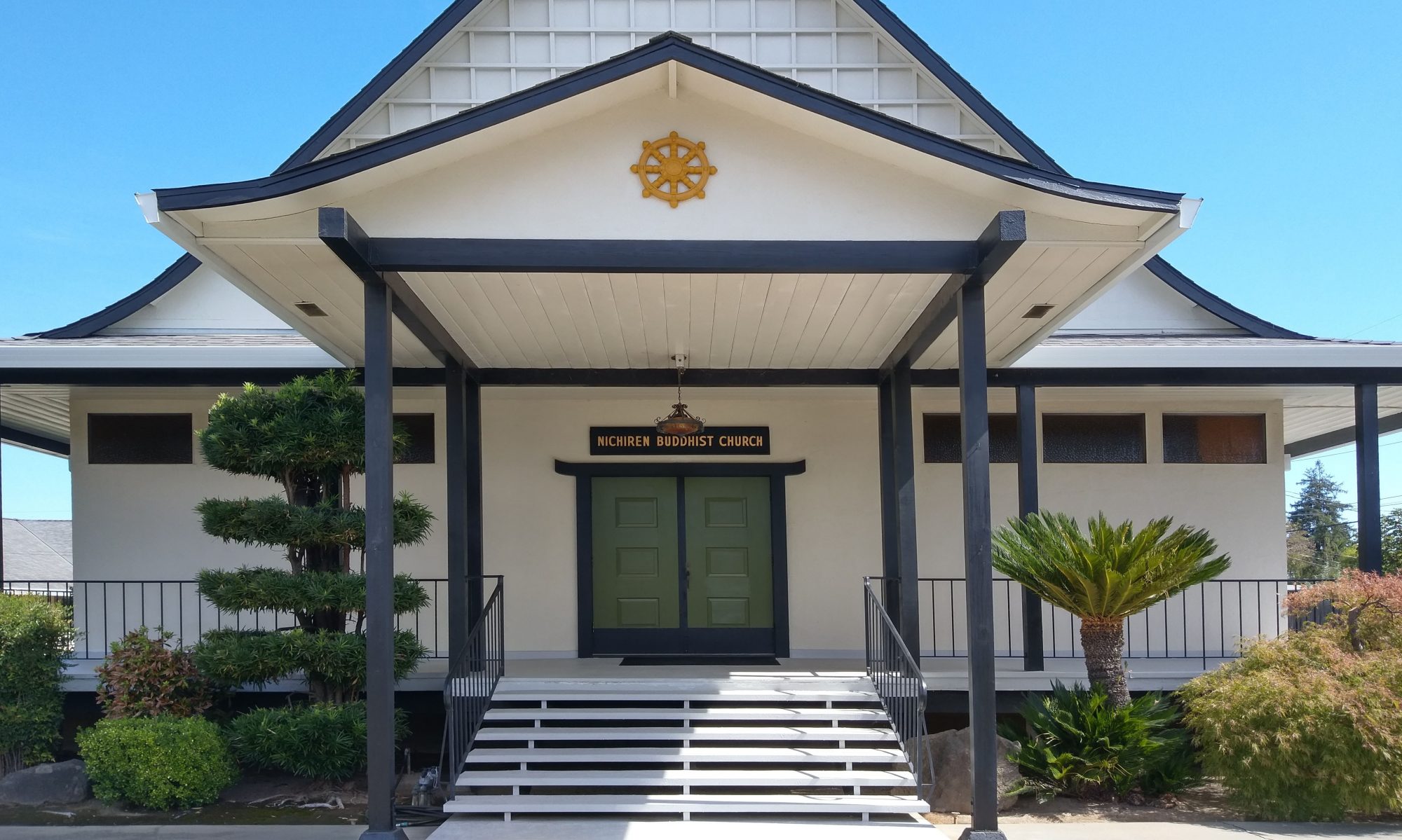One day a little boy was playing in the mud and saw Śākyamuni Buddha walking by so he quickly prepared and offered him a mud pie. It is said that the little boy was reincarnated and became who is now known as Emperor Asoka.
While Buddhism is practiced by a many in the West, many Westerners fail to know or recognize the importance of Emperor Asoka (269-232BCE), emperor of the Indian Mauryan Empire, known to have devoted his life and rule to the spread of Buddhism throughout his empire and eventually the world. Before Asoka’s reign, the Mauryan Empire expanded as a result of killings and brutal conquest. Asoka himself would kill his 99 siblings and continue this brutal conquest until the siege at Kalinga, an empire in central-east India, which became his last place of conquest. From that moment, he is said to have converted to Buddhism and became a Buddhist king, promoting morality and Dharma throughout his empire.
Asoka’s dedication to the Dharma was significant in what would become the world’s first large-scale missionary effort in the history of the world’s religions. Asoka built stupas, locations with sacred relics of the Buddha himself, as well as pillars inscribed with edicts that became the official rule of the empire and would become the symbol of early Buddhist teachings. Both the edicts and the stupas would become important pilgrimage sites for early Buddhist missionaries hoping for a better understanding of Buddhism. The edicts show Asoka’s deep devotion, including his banning of hunting and proclaiming the acceptance of the Dharma within his empire. While this may suggest forced conversion, Asoka states that Dharma could be practiced simultaneously with other faiths or religions since the Dharma promoted ethics and individual moral development.
Asoka wished that others outside his empire would also accept the importance of the Dharma and sent ambassadors to various locations. This would in fact prompt the beginnings of the spread of the Sangha and most importantly Buddhist missionaries, who would influence others to spread teachings of the Śākyamuni Buddha. This missionary work continues throughout the world even today.
Asoka’s simple offering in his past life brought him back to live a luxurious life while also promoting a life that the Buddha would have wished others to live and maintain. Without Emperor Asoka’s emphasis on the Dharma, Buddhism may not have spread to the extent that it has; however his significance is one that many, including Buddhists fail to recognize.
Ven. Kenjo Igarashi
March/April 2023
